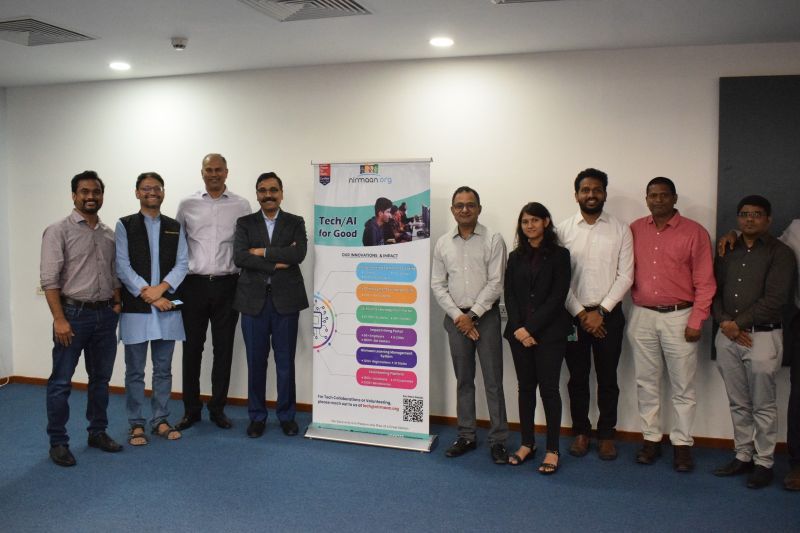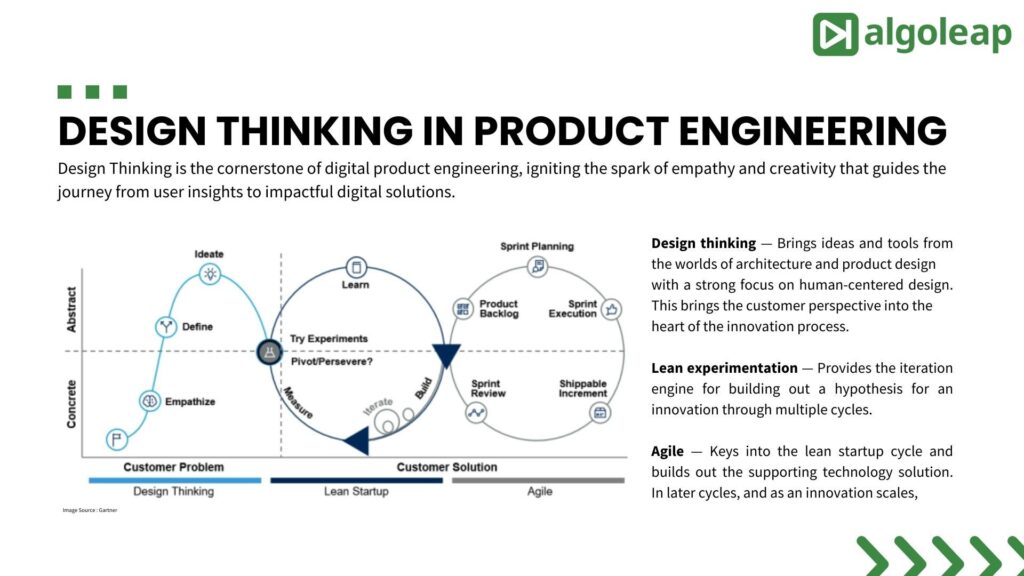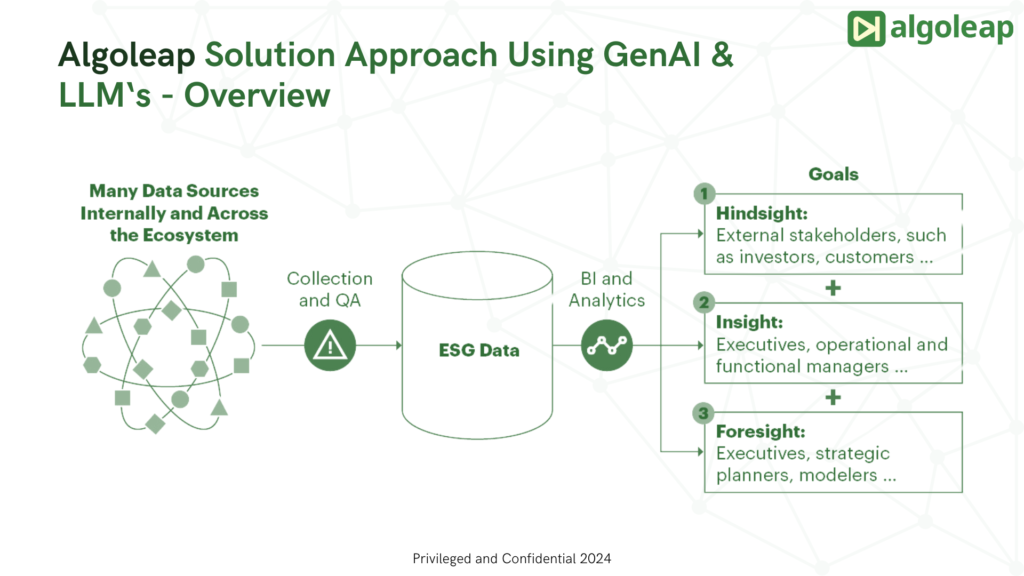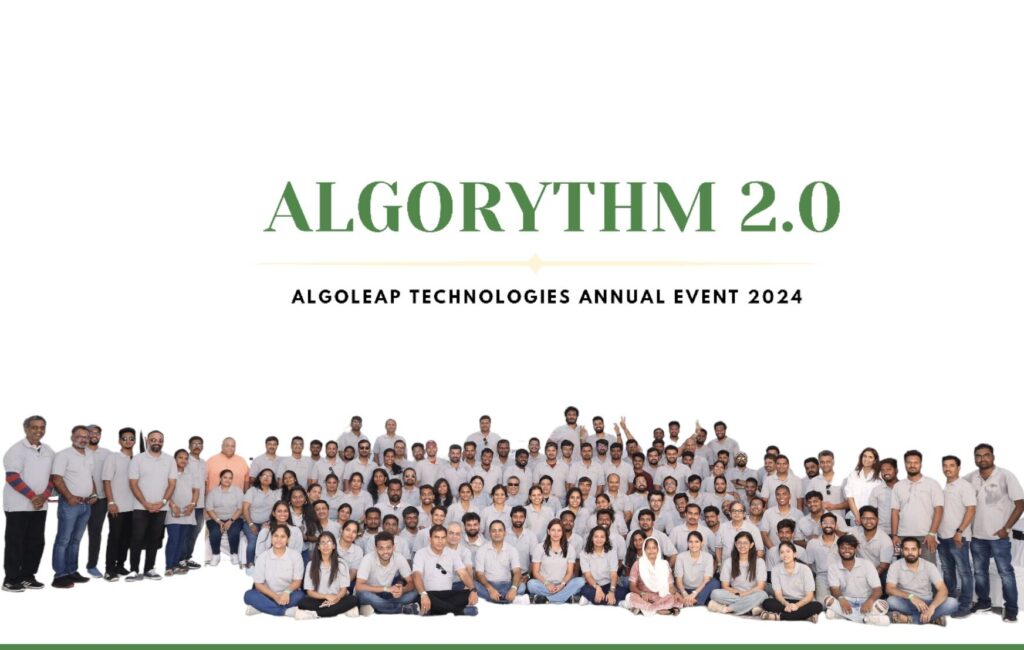Our Company
cultural, organizational, and process-oriented changes. Here are some strategies to help traditional technology teams adopt modern product engineering principles
1
Cultural Transformation
- Foster a culture of collaboration, transparency, and continuous improvement within the technology team. Encourage open communication, knowledge sharing, and cross-functional collaboration across different departments and disciplines.
- Promote a growth mindset and encourage team members to embrace new technologies, learn new skills, and adapt to changing market dynamics. Provide opportunities for professional development, training, and mentorship to support skill enhancement and career growth.
2
User-Centric Design
- Incorporate user-centric design principles into the development process to ensure that product features and enhancements meet the needs and expectations of end-users. Encourage user research, usability testing, and feedback loops to gather insights and validate assumptions about user preferences and behaviors.
- Foster empathy for end-users by involving team members in customer interviews, usability studies, and journey mapping exercises. Encourage a deep understanding of user personas, pain points, and motivations to drive customer-centric decision making.
3
Data-Driven Decision Making
- Cultivate a data-driven culture by leveraging analytics, metrics, and user feedback to inform product decisions and measure the impact of changes. Implement instrumentation, monitoring, and analytics tools to track key performance indicators (KPIs) and user engagement metrics.
- Encourage hypothesis-driven experimentation and A/B testing to validate assumptions, iterate on features, and optimize user experiences. Use data insights to identify trends, patterns, and opportunities for improvement across the product lifecycle.
4
Cross-Functional Collaboration
- Break down silos between development, operations, QA, and other functional areas by promoting cross-functional collaboration and shared accountability for product outcomes. Encourage knowledge sharing, pair programming, and cross-training to build a cohesive and high-performing team.
- Foster a culture of trust, respect, and psychological safety where team members feel empowered to challenge the status quo, take calculated risks, and experiment with new ideas and approaches. By embracing these strategies and fostering a culture of innovation, collaboration, and continuous improvement, traditional technology teams can adapt to the evolving demands of the digital landscape and deliver high-quality products and services that meet customer needs and drive business value.

Navigating this change with Algoleap
Tech role transformation – We define roles differently to enable our employees to push the envelope and go beyond traditional boundaries.
Employee persona – Develop and emphasize distinguished personality, skill and execution characteristics that enable our employees to deliver at the next level Enable career and professional development with a role based organization – Focus is on depth and transitioning from a T based skill model to E or hybrid and emphasise role depth versus the traditional grade chase
Tech Role Transformation
nuances of how Algoleap is structured and operates and has made this transition is illustrated below.
Business Analysts & Product Owners
Current Industry Landscape (Skills)
- Backlog creation QA – Acceptance
- Industry expertise
- Customer Journey Maps
The Algoleap Advantage
- Product value understanding Prioritization
- User centered design AI enablement
- Customer Journey Maps & Customer Journey Analytics
Engineers & Developers
Current Industry Landscape (Skills)
- Full stack – front end, integration, back end
The Algoleap Advantage
- Whole stack – Full stack & Cloud capabilities
- AI driven productivity
Algoleap Delivery Approach
Cultural transformation and empowering team understanding are crucial for achieving digital product engineering goals.
- Follow delivery principles of global firms, always learning from the best.
- Prioritize disruptive ideas for higher impact, avoiding incremental thinking.
- Make decisions swiftly, avoiding delays and waiting for instructions.
- Focus on hiring based on engineering skills and critical thinking.
- Utilize Lean MVP model to deliver rapid business value and enable expansion.
- Drive value with agile-first, cloud-first modern app development.


Role Based Organization
Key facets of the qualitative performance management model, career architecture based on communities of practices and roles is summarized below.
- Prioritize upskilling and technical proficiency over titles.
- Encourage pursuit of individual passions.
- Emphasize upskilling rather than focusing on grades or titles.
- Transition to a hybrid multi-skilled model mirroring product engineering firms.
- Establish communities of practice for continuous learning.
- Streamline roles to shape skill models and avoid role proliferation.
Community of Practices
Building communities of practices to drive technical and functional continuous learning, Limiting the number of roles to further shape the E based skill model and limit role proliferation. These principles and techniques provide us with a significant delivery differentiation
and ‘why us’ to help clients make a similar transition.
Dev Engineering
Architecture
Data & AI
Data & AI
Business analysis/ Product management
Dev Engineering
Architecture
Data & AI
Data & AI
Business analysis/ Product management
Generating impact with clients
Some of the benefits that we have delivered in the past and experience that we aim to deliver is summarized below. Please do reach out to us, and we will be happy to share quantitative data to complement the commentary listed below
- Drive emphasis on user centric specs and value delivery vs traditional backlog creation
- Push back against traditional project management and transition to Agile including minimizing admin activities, simplifying and automating data collection, focus on a few and getting it done
- Bring in best practices and higher level of maturity including Observability, Cloud FinOps, Automation and AI Assistance
- Maximize the value of tools including ALM and DevOps to drive collaboration, communication and governance and minimize usage of XL/word/emails



















